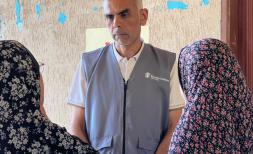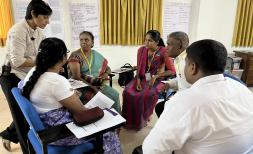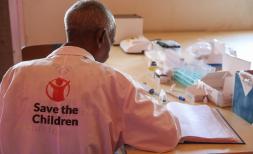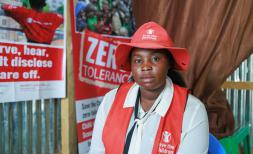The Power of Play
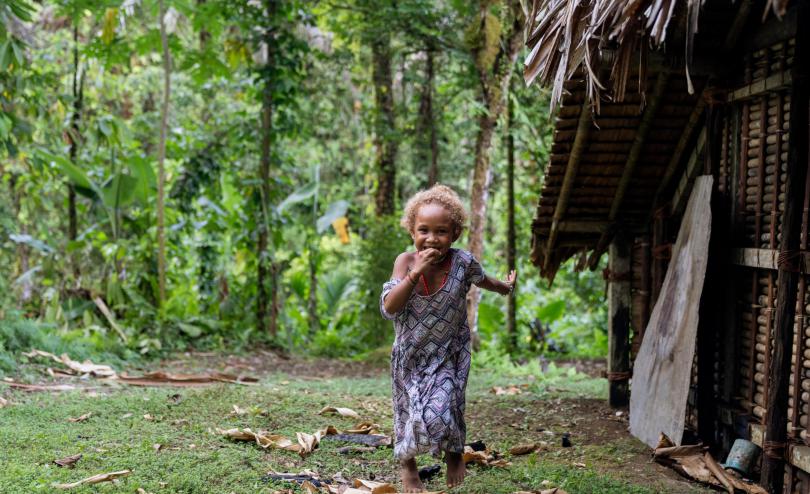
Lucy running through a remote comunity in Malaita Province, the Solom Islands.Conor Ashleigh / Save the Children
Today marks the first-EVER International Day of Play, which has been declared by the United Nations General Assembly to champion and protect children's right to play.
The Day of Play on 11 June was added to the list of global annual observances recognised by the United Nations, following a successful campaign by Save the Children, the LEGO Group and The LEGO Foundation and other partners, to recognise play as a critical developmental activity for children.
There are so many reasons we should all be celebrating the power of play:
1. PLAY SUPPORT CHILDREN'S DEVELOPMENT
Children learn cognitive skills such as concentrations, memory, language, and fine motor skills, as well as social and emotional skills.
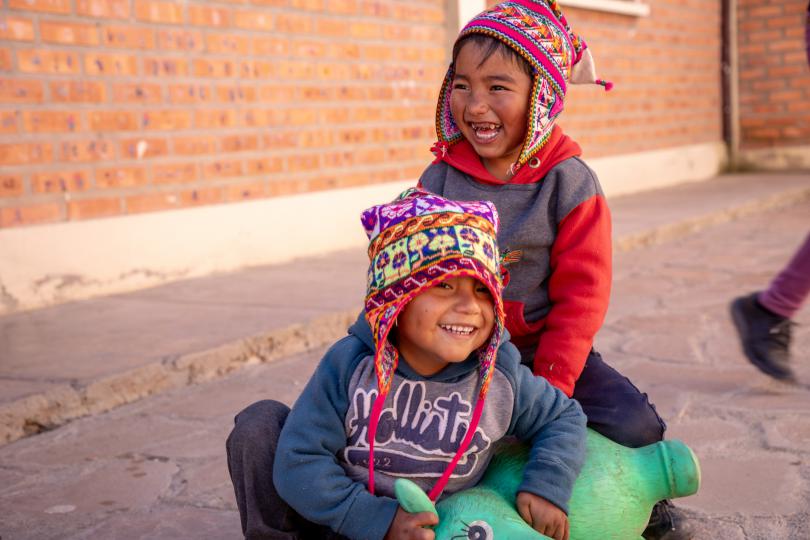
Samuel, 3 (front) and Said, 4 (back) having fun playing on a green plastic horse. Lucia Zoro / Save the Children
2. PLAY BENEFITS MENTAL HEALTH
Play contributes to wellbeing by providing opportunities to process, cope with, and recover from distressing situations - like conflict or natural disasters. This allows children to regain a sense of normalcy and sepdn time with friends.
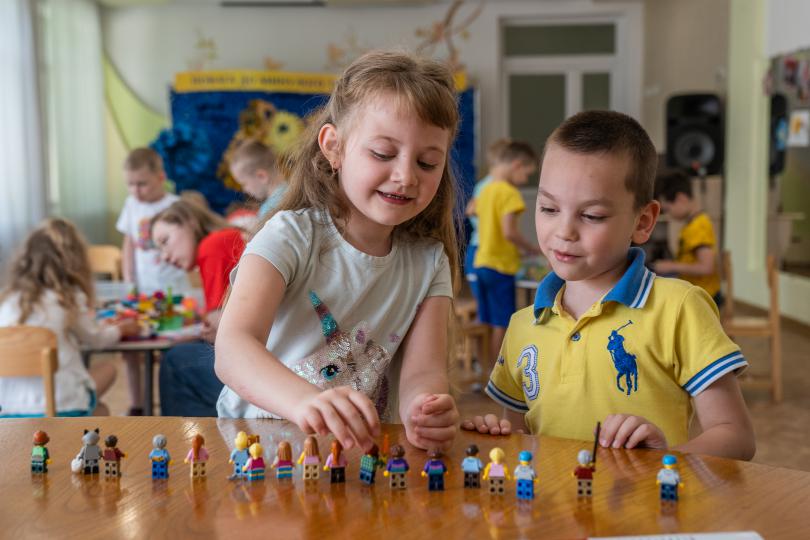
Boy and girl play with figures of citizens of dream city created with Lego constructor by children. Oleksandr Khomenko/ Save the Children
3. PLAY HELPS CHILDREN LEARN
Learning through play can improve academic learning outcomes, inclusing literacy and numeracy.
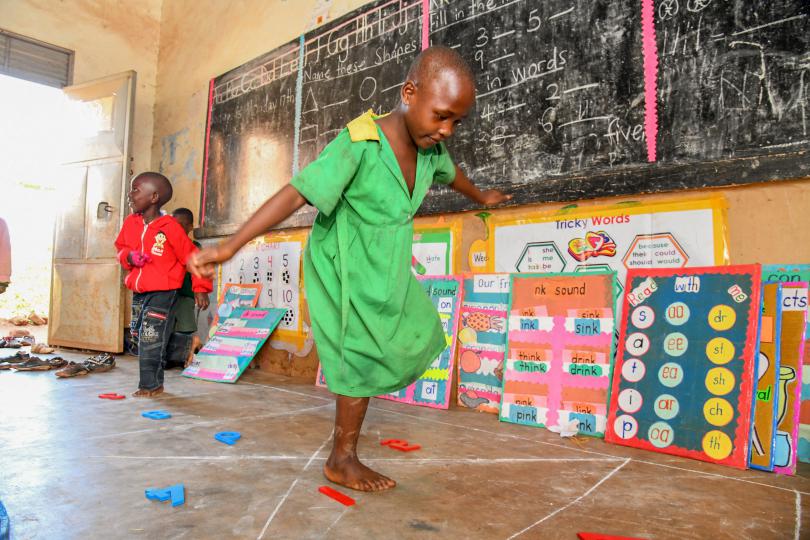
Mercy learning through play. Save the Children in Uganda.
4. PLAY PREPARES CHILDREN FOR THE FUTURE
Imaginative play is a fun way for children to safely practice critical thinking, problem-solving and risk-taking.
Marah* 11 waving her hand in the air as she plays in the camp playground. Bonyan / Save The Children
EVERY CHILD HAS THE RIGHT TO A SAFE PLACE TO PLAY.
But in many parts of the world, play is viewed simply as something to keep children occupied. It is not seen as a right.
Around the world, children’s access to and experience of play differs enormously and play often faces similar barriers to other rights Save the Children strives to protect – barriers associated to gender, age, socio-economic status, disability, perceived value.
➡️ 1 in 3 children and young people do not have the time to play.
➡️ 1 in 5 lack safe spaces to play
➡️ 1 in 5 have no one to play with
It’s more critical than ever that every child can realise and celebrate their universal right to play.
